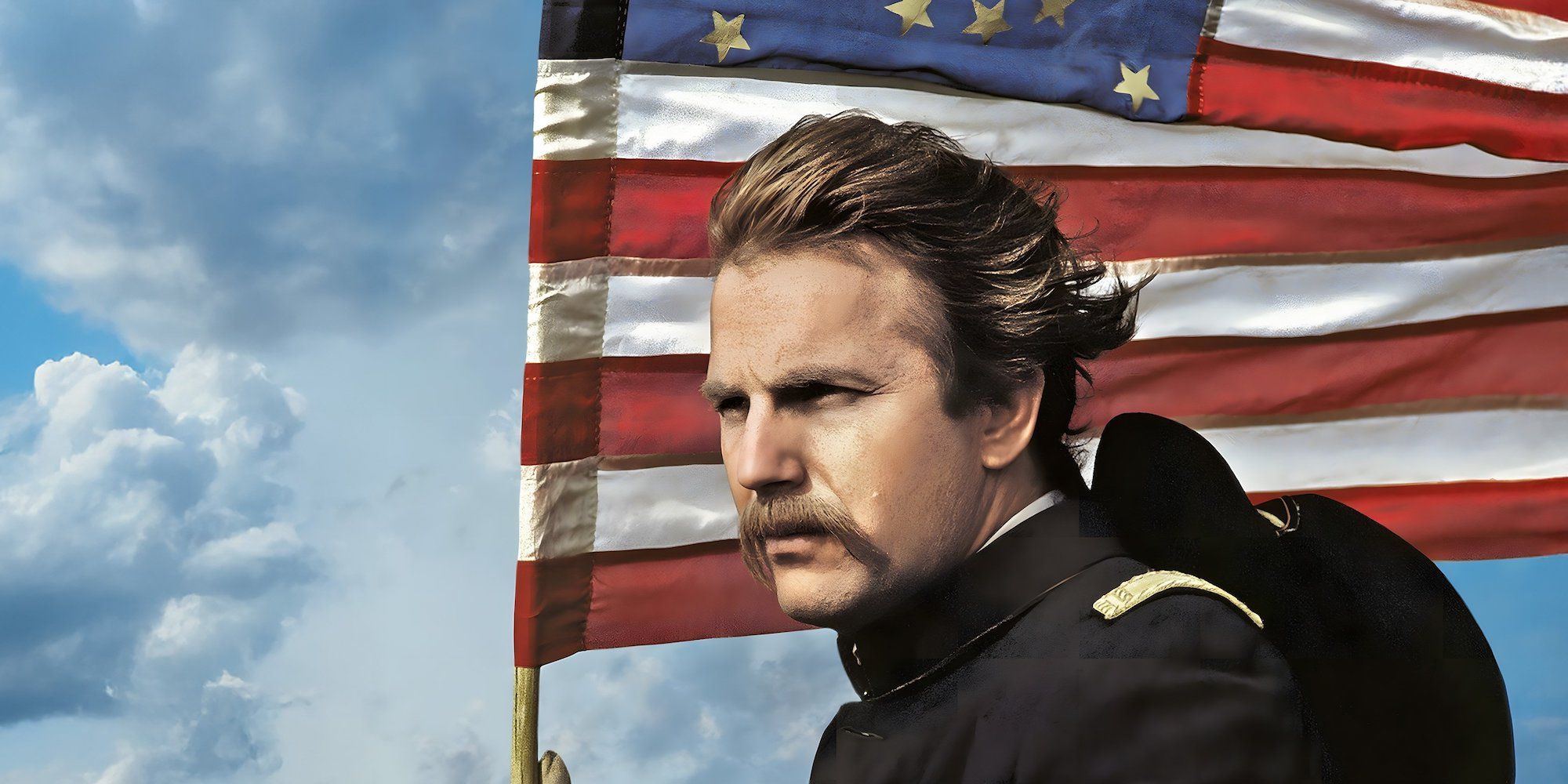Kevin Costner has never needed to be the loudest man in the room. Over a four-decade career, he’s carved out a space as an actor who radiates decency, gravitas, and quiet resistance. Whether playing small-town baseball dreamers, haunted gunslingers, or reluctant bureaucrats with conscience, he projects a kind of American manhood that is both noble and flawed.
His best performances often hide their complexity behind stoicism, only revealing emotional depth in subtle flickers. From ’80s thrillers to Western elegies and historical epics, these ten movies reveal the many shades of Costner: protector, rebel, everyman, and myth.
10
‘No Way Out’ (1987)
Directed by Roger Donaldson
“Stop lying, Scott, you can’t keep track of all the lies you tell.” No Way Out is one of the most suspenseful political thrillers of the 1980s, and Costner’s performance in it is arguably underrated. He is Lieutenant Commander Tom Farrell, a naval officer drawn into a high-stakes cover-up at the Pentagon involving a murdered woman and a top-secret investigation. What starts as a steamy affair spirals into a labyrinth of surveillance, loyalty, and paranoia.
Here, Costner walks a tightrope between earnestness and ambiguity, making us question just how innocent Farrell really is. His ability to sell both the romance and the intrigue is what makes this movie stand out. He’s assisted by a solid Gene Hackman as the Secretary of Defense. While the Cold War elements are obviously a bit dated now, the neo-noir vibe and narrative trickery remain entertaining. The twist ending alone is worth the watch.
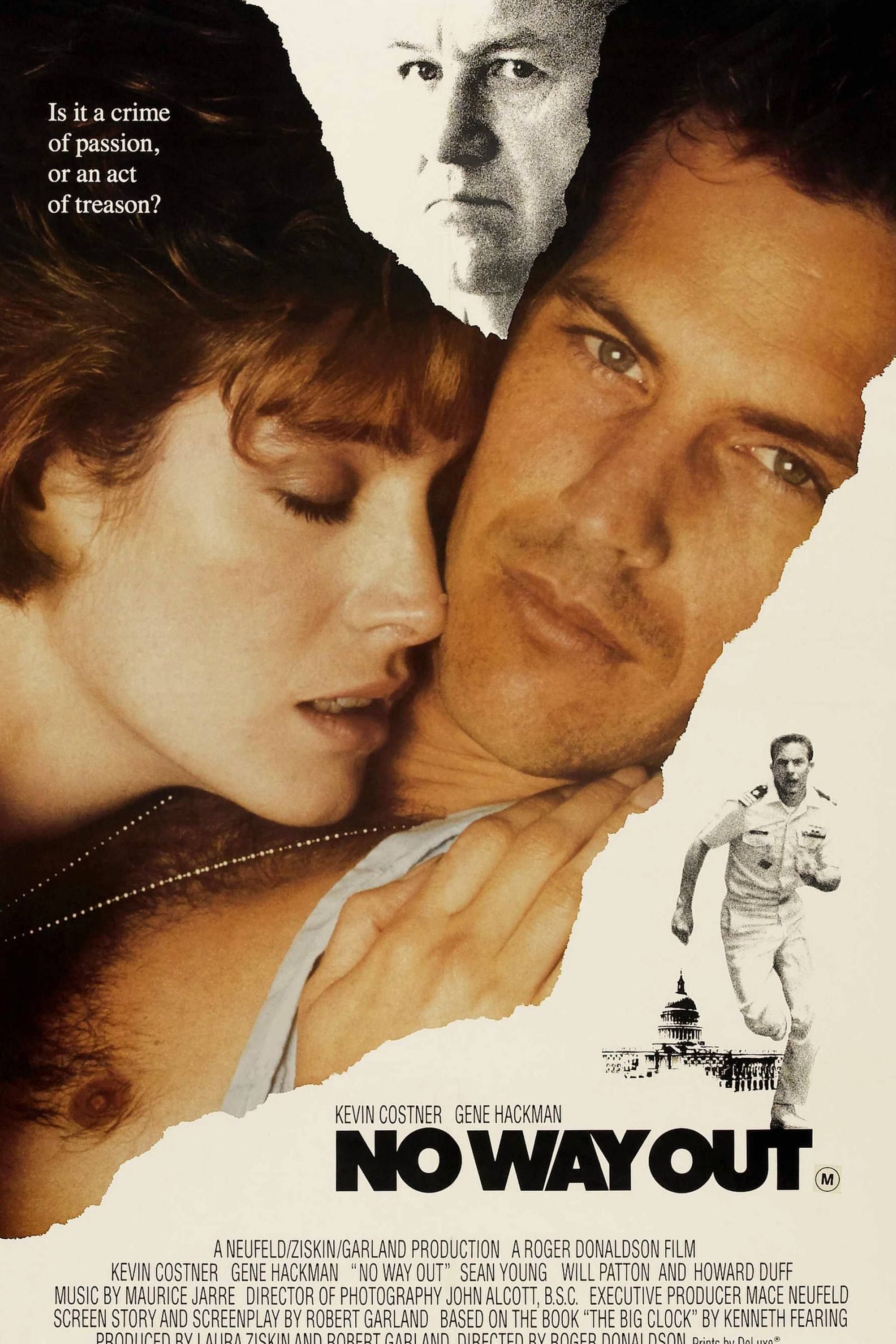
No Way Out
- Release Date
-
August 14, 1987
- Runtime
-
114 minutes
9
‘Man of Steel’ (2013)
Directed by Zack Snyder
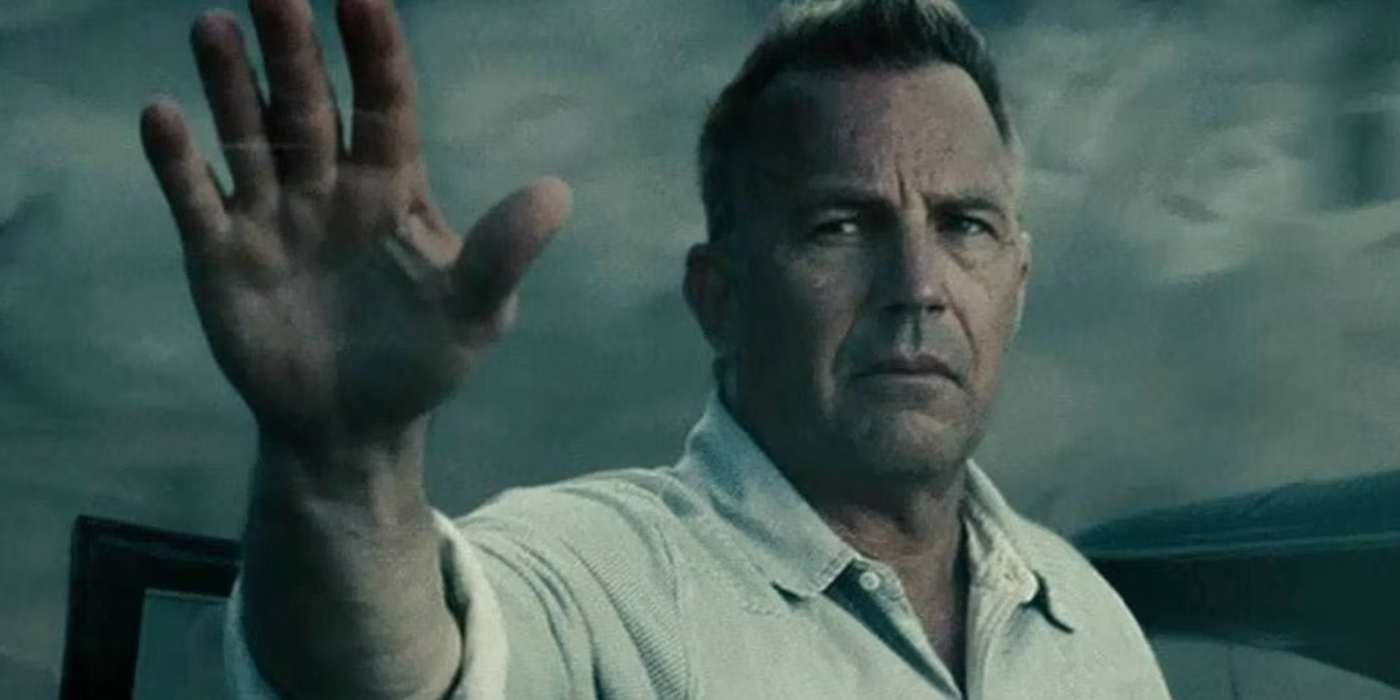
“You are my son.” As Jonathan Kent, Costner brought surprising emotional weight to a movie that was mostly about alien punch-ups and collapsing cities. Man of Steel reimagines Superman’s (Henry Cavill) origin with a somber tone, and Costner is the perfect fit for it. Unlike the idealized, folksy versions of Pa Kent from earlier adaptations, this version is riddled with fear and philosophical uncertainty.
Should Clark reveal himself to the world? Can the world even handle him? Costner is totally believable as someone wrestling with these dilemmas. They’re all very farfetched, but he makes them seem real. In the process, Costner helps to ground the movie’s cosmic stakes in very human questions of love, legacy, and sacrifice. His scenes may be brief, but they resonate long after the last skyscraper falls. As a whole, Man of Steel is kinda shaky and was definitely disappointing at the time, but Costner deserves props for trying to make the myth feel personal.
8
‘Open Range’ (2003)
Directed by Kevin Costner
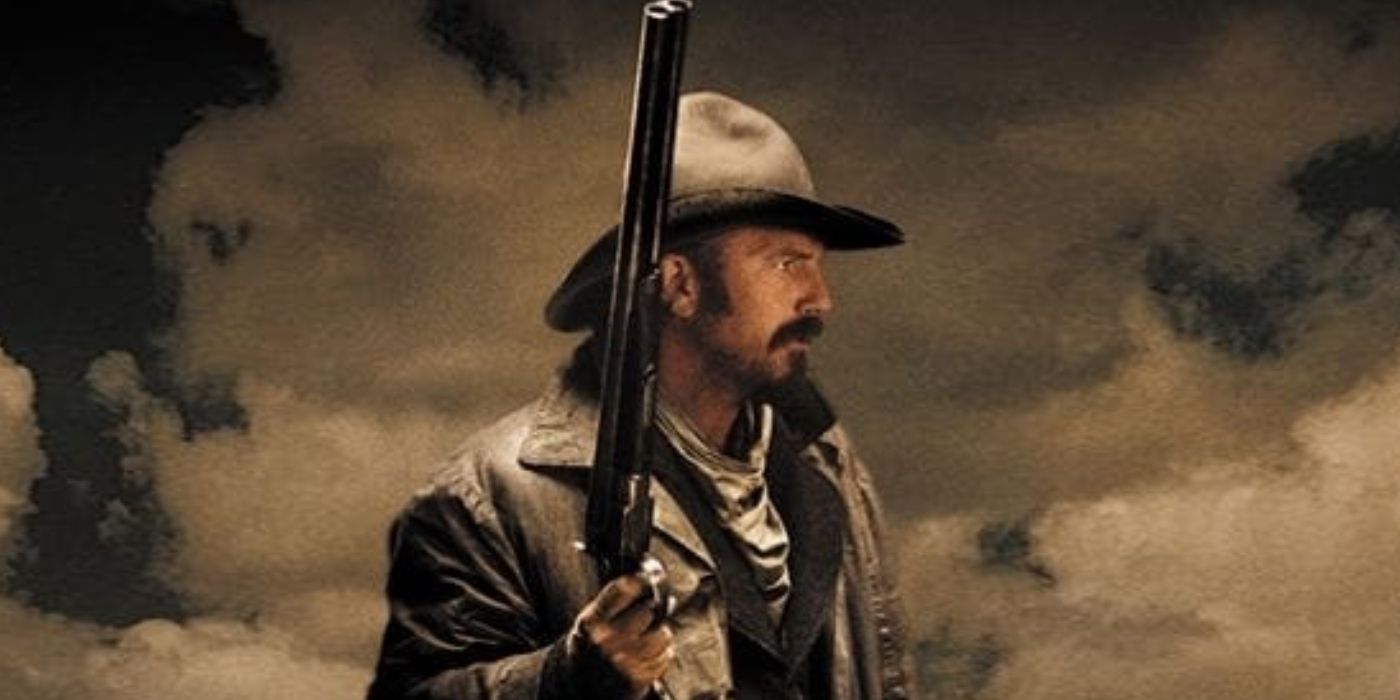
“Most times, a man’ll tell you his bad intentions if you listen, let yourself hear.” Open Range, a Western both starring and directed by Costner, is among the best of the 2000s. He plays Charley Waite, a former gunslinger trying to live a peaceful life as a cattleman alongside Robert Duvall‘s Boss Spearman. When their herd, and their way of life, come under threat from a ruthless land baron, the two are drawn back into the violence.
What follows is part pastoral elegy, part revenge tale. The final gunfight is legendary in its realism, but it’s the quieter moments that linger longer, like honest campfire talk and reminiscences of lost morality. Costner captures the tension between peace and violence, past and future, with a steadiness that few directors or actors could pull off. It’s a masterclass in weathered resolve. That said, Duvall is the real star, turning in a lean, mean, towering performance.
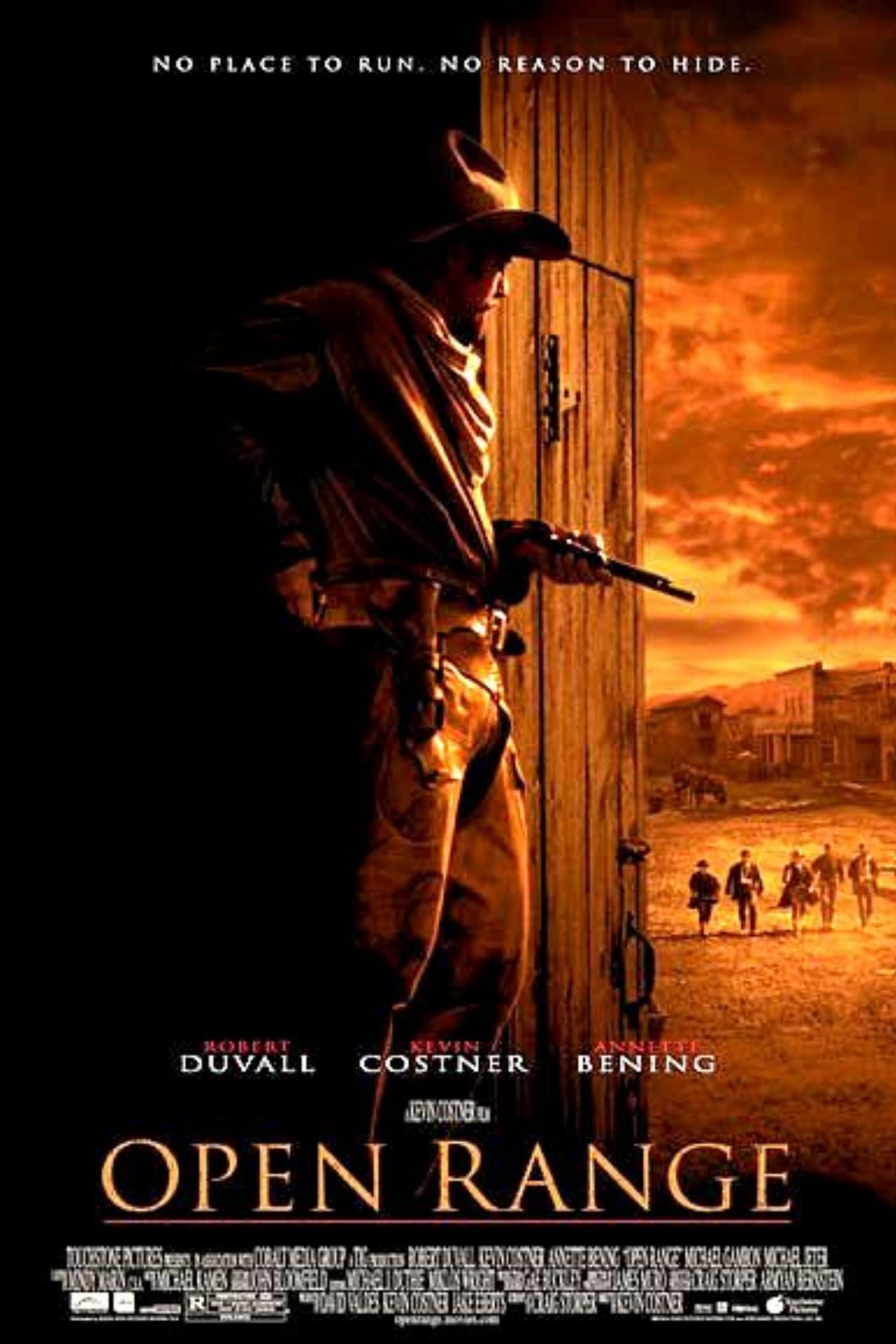
Open Range
- Release Date
-
August 15, 2003
- Runtime
-
139 Minutes
7
‘Hidden Figures’ (2016)
Directed by Theodore Melfi
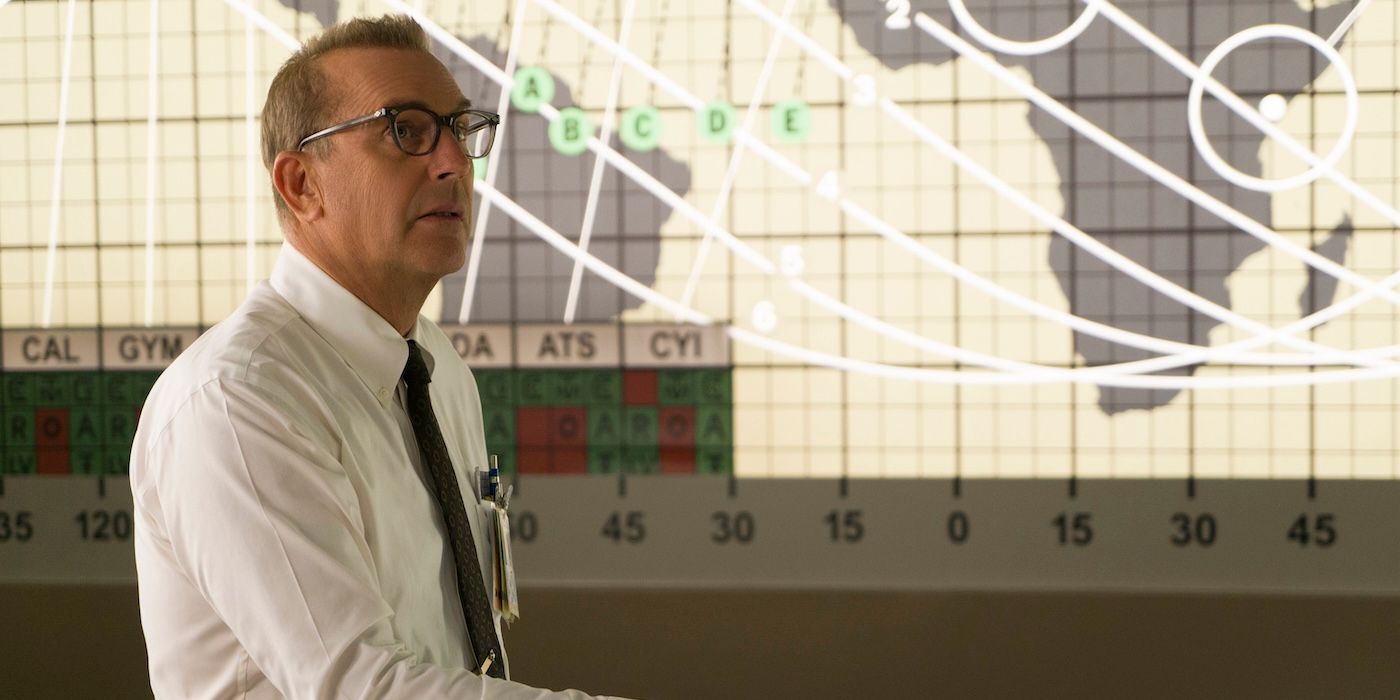
“Here at NASA, we all pee the same color.” As Al Harrison, the gruff NASA director in Hidden Figures, Costner once again proved his knack for playing men who bend just enough to grow. His character isn’t the hero of the story (that role belongs to the women who helped launch America into space), but he plays a vital supporting role. Harrison begins as a bureaucratic obstacle but slowly becomes a quiet ally, especially to Katherine Johnson (Taraji P. Henson).
The scene where he tears down a “Colored Bathroom” sign with a crowbar could have felt sanctimonious, but Costner plays it with weary conviction. Costner’s understated style makes it work. He’s not as compelling as Octavia Spencer or Janelle Monáe, but he does everything that’s expected of him and more. Overall, the movie is finely crafted, even if some have quibbled with a few of its historical inaccuracies in the years since its release.
6
‘A Perfect World’ (1993)
Directed by Clint Eastwood
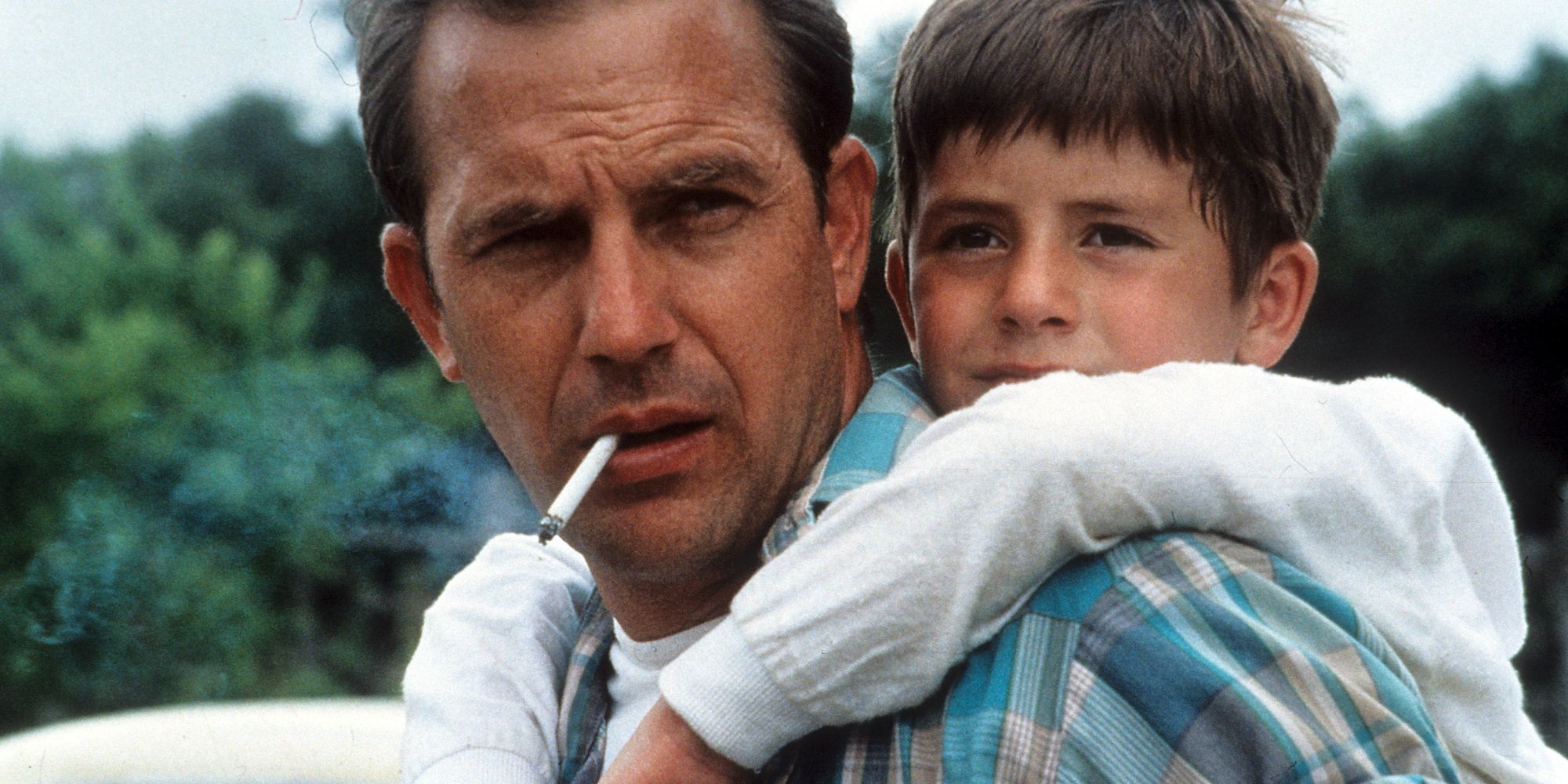
“You’re not bad. You’re just ordinary. I’m not bad. I’m not just ordinary.” A Perfect World is both one of Clint Eastwood‘s finest directorial efforts and Costner’s best performances. He leads the cast as Butch Haynes, an escaped convict who kidnaps a young boy (T.J. Lowther) and forms an unlikely bond with him. Eastwood is also in top form as the Texas Ranger on Haynes’ trail.
A Perfect World is an unusual fusion of a crime thriller and a meditative character study. Costner’s Butch is layered; dangerous, yes, but also paternal, vulnerable, even philosophical. The film resists easy moral binaries, and Costner leans into its ambiguities with nuance. The chemistry between him and the boy is especially raw and moving, allowing Costner to oscillate between menace and tenderness. He and Eastwood turn what could have been a straightforward genre movie into an exploration of justice, responsibility, and modern masculinity.
5
‘Field of Dreams’ (1989)
Directed by Phil Alden Robinson
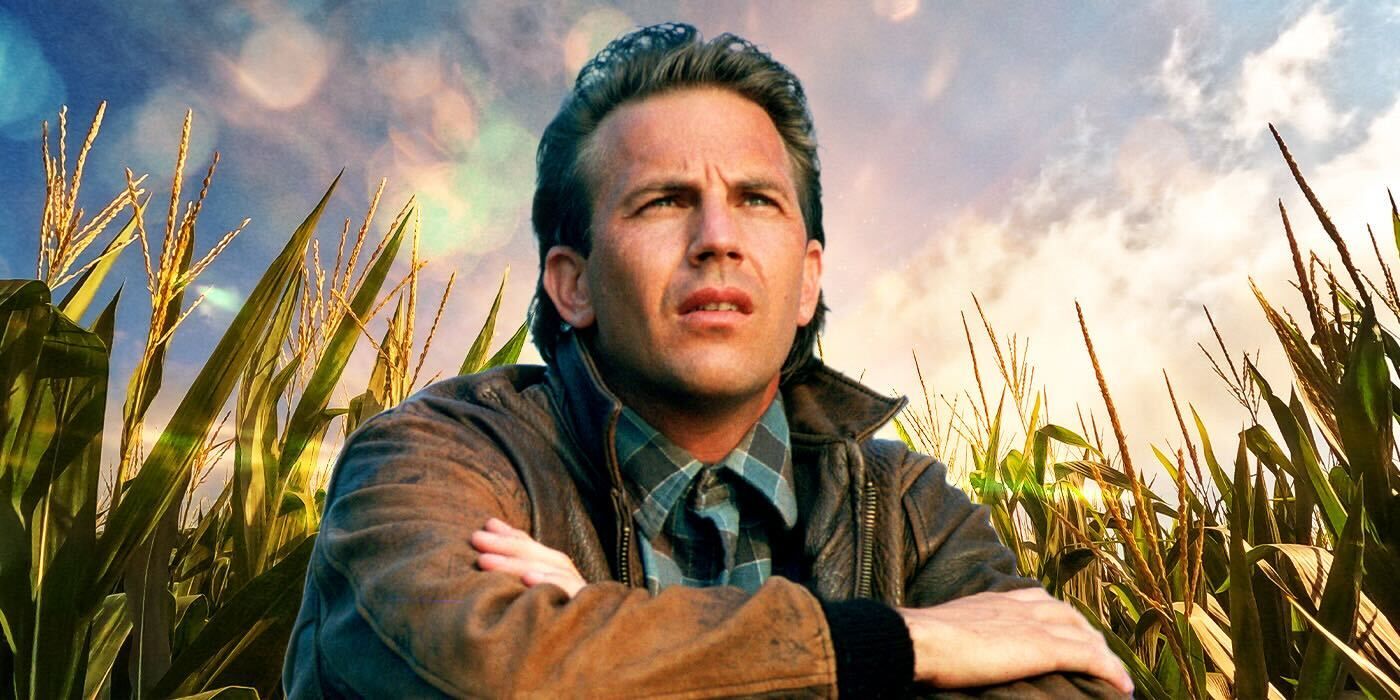
“If you build it, he will come.” Ranking among the star’s most iconic efforts, Field of Dreams tells the story of Ray Kinsella (Costner), an Iowa farmer who hears a disembodied voice telling him to build a baseball diamond in his cornfield. This bizarre leap of faith gradually becomes a spiritual journey, bringing together figures from baseball’s past and Ray’s own life.
Field of Dreams has a nostalgic, Frank Capra-esque vibe, feeling almost like a film from the 1950s. At its heart, it’s a movie about healing, forgiveness, and second chances, with a tearjerker of a final scene. The magical realist premise becomes a deep dive into hope, redemption, and the bonds between fathers and sons. Costner imbues Ray with a tender blend of confusion and conviction. He manages to keep the schmaltziness at bay, preventing Field of Dreams from devolving into Hallmark melodrama. In the end, it’s not just a baseball movie. It’s a miracle with cleats.
4
‘Bull Durham’ (1988)
Directed by Ron Shelton
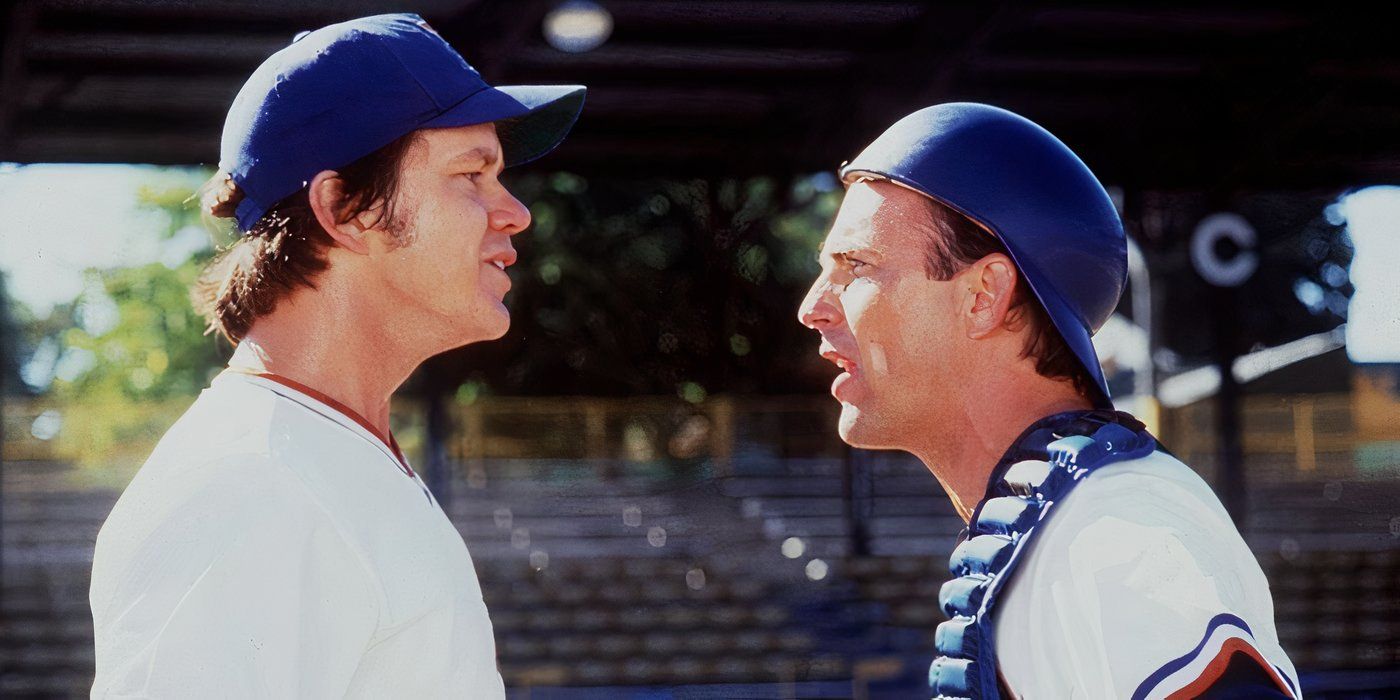
“I believe there ought to be a Constitutional amendment outlawing Astroturf and the designated hitter.” Another quintessential baseball movie (and one of the most sharply written sports films ever made), Bull Durham features Costner as Crash Davis, a jaded minor league catcher who’s been around the block but still believes in the poetry of the game. He’s tasked with mentoring a wild pitching prospect (Tim Robbins) while also getting entangled with baseball groupie Annie (Susan Sarandon).
The chemistry between the trio is electric, with Sarandon, in particular, providing the sensual edge, but it’s Costner’s stoic romanticism that gives the film its soul. Crash is smart, seasoned, and quietly heartbroken, resigned to his fading athleticism but unwilling to give up his love for the game or for Annie. It helps that the script gives all the stars a lot to work with. It’s full of quotable dialogue, sly humor, and unexpected tenderness.
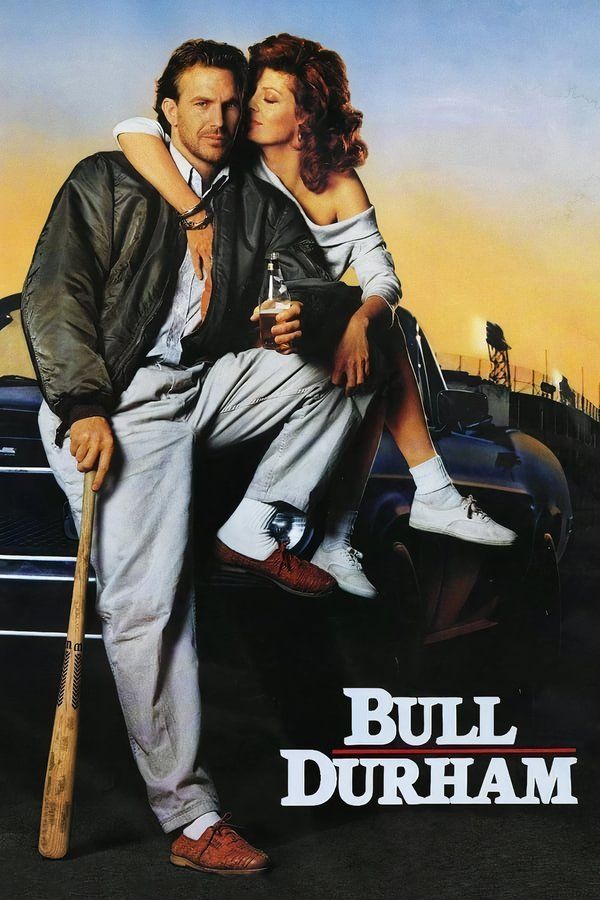
Bull Durham
- Release Date
-
June 15, 1988
- Runtime
-
108 minutes
3
‘The Untouchables’ (1987)
Directed by Brian De Palma
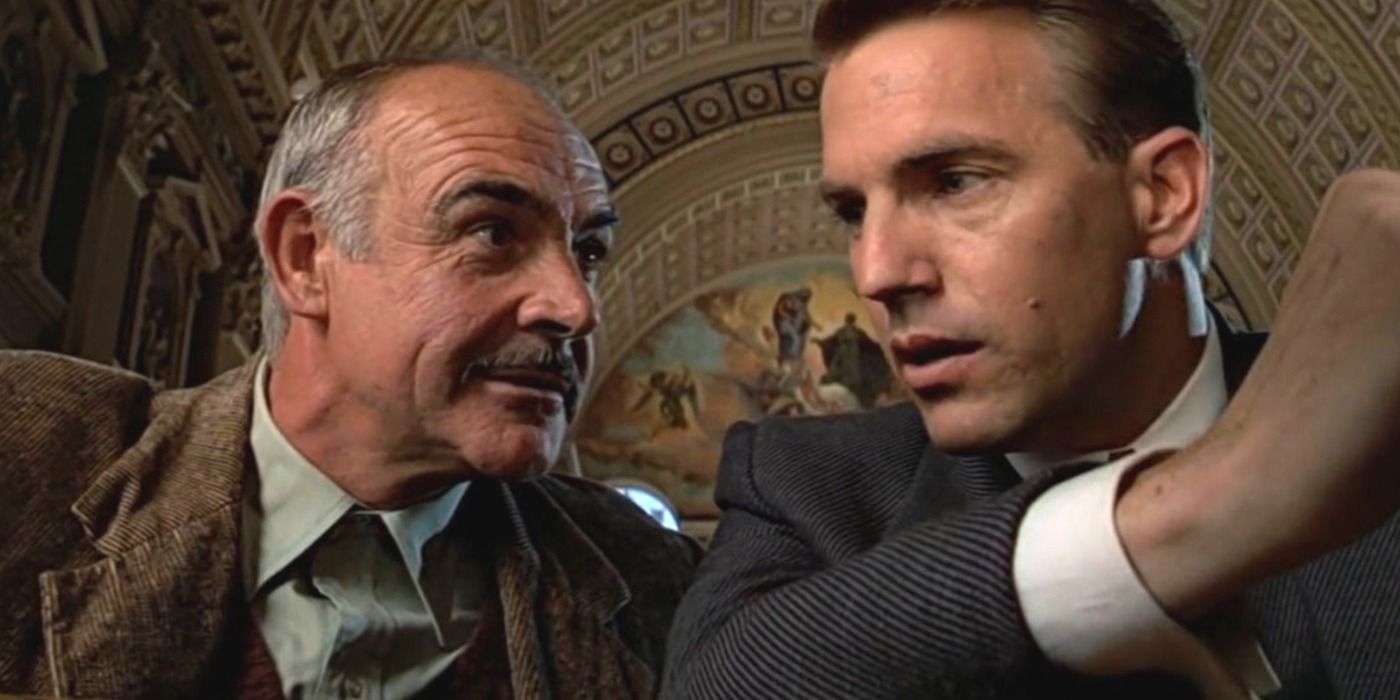
“Never stop fighting till the fight is done.” The Untouchables is a bold, operatic gangster film that reimagines the Prohibition-era battle between lawman Eliot Ness (Costner) and crime lord Al Capone (Robert De Niro) as mythic Americana. Costner plays Ness as an idealistic young federal agent trying to clean up Chicago, and he walks the delicate line between boy-scout righteousness and moral awakening. It was one of Costner’s earliest major roles.
Paired with scene-stealers like Sean Connery and De Niro, Costner instead goes for a quieter, more decent, and more haunted performance. He’s a man committed to justice, even as it corrodes him. Ness may be fighting gangsters, but the real war is for the soul of a country flirting with lawlessness. While it fell short of its potential, The Untouchables is still a compelling watch today, ranking among the best crime movies of its decade. Not to mention, the Morricone score is killer.
2
‘JFK’ (1991)
Directed by Oliver Stone
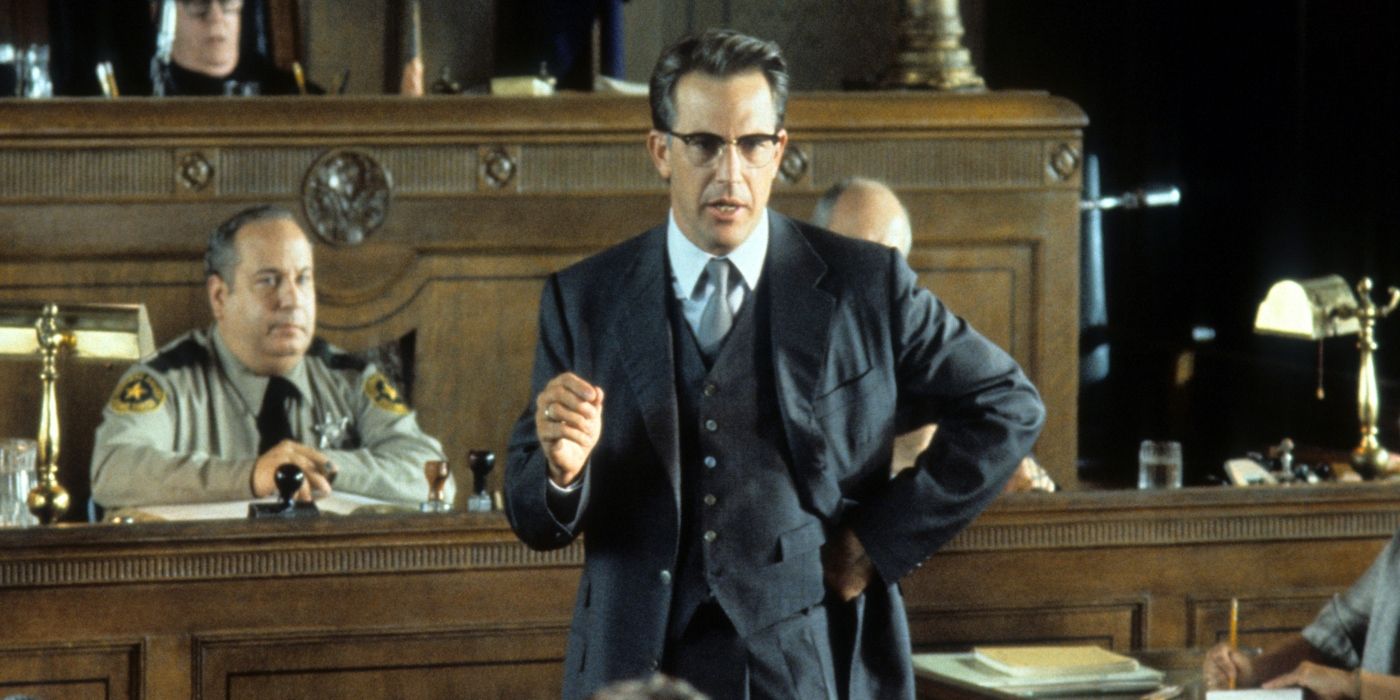
“Let justice be done though the heavens fall.” JFK is less a historical drama and more a fever dream of paranoia, obsession, and political distrust. It might serve up more than a few factual inaccuracies, but its boldness is impressive, and it’s ironically become a great distillation of the conspiratorial mindset (an ever more common phenomenon these days). Costner is great in it as New Orleans District Attorney Jim Garrison, the man trying to cut through the noise and confusion and uncover the truth of the assassination.
The film’s breakneck editing, immersive flashbacks, and speculative narration could easily overwhelm a lesser actor, but Costner grounds it all in emotional clarity and moral fire. He portrays Garrison as a man who’s not just fighting for truth but for sanity itself, battling a system that seems determined to conceal every fact. Ultimately, JFK isn’t about whether Garrison is right; it’s about the courage to ask the question.

JFK
- Release Date
-
December 20, 1991
- Runtime
-
189 minutes
1
‘Dances with Wolves’ (1990)
Directed by Kevin Costner
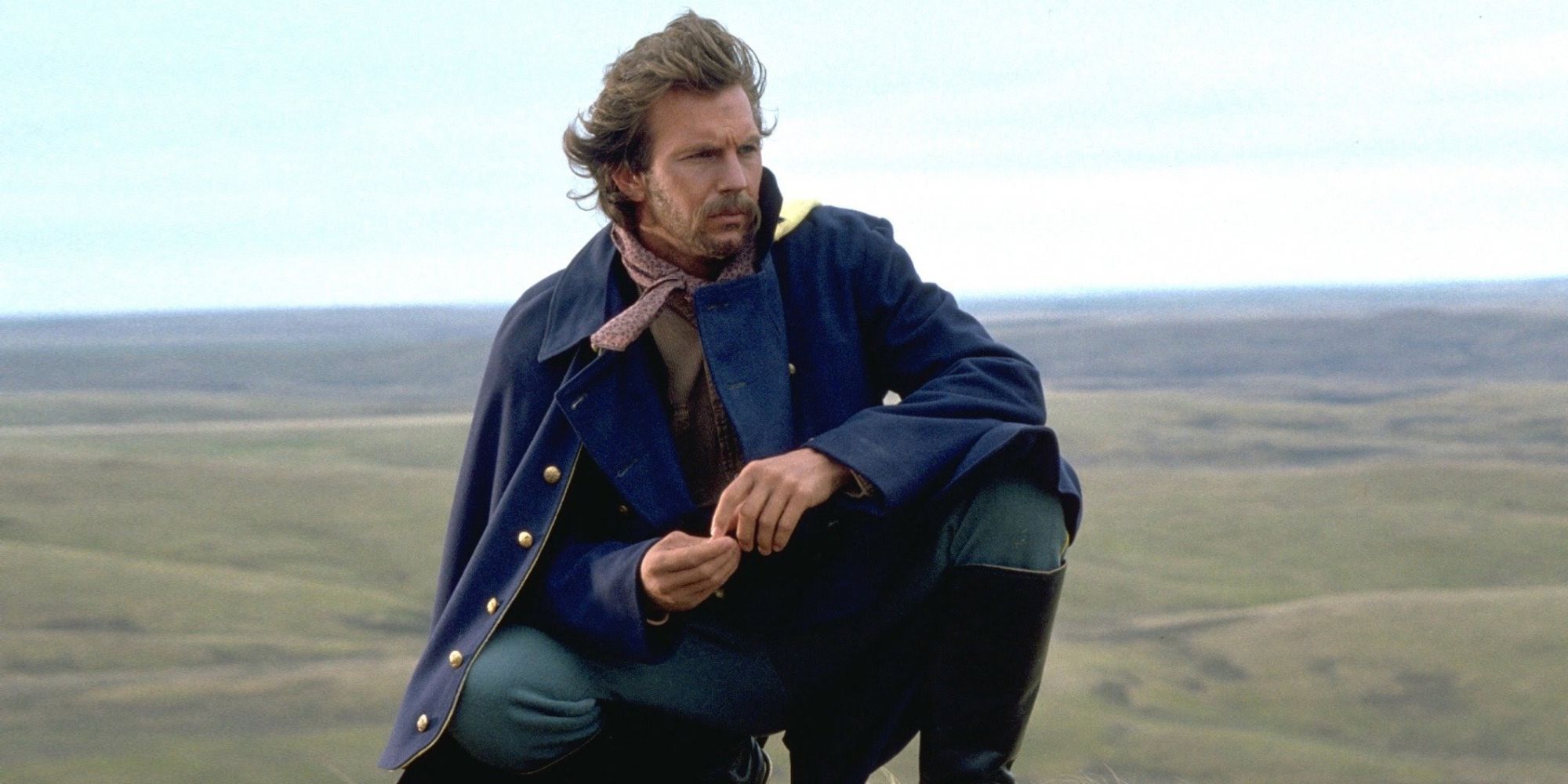
“Nothing I have been told about these people is correct.” The top spot on this list was a no-brainer. Dances with Wolves is Costner’s magnum opus, a frontier epic that won him Oscars for both Best Director and Best Picture. He has top billing too as Lieutenant John Dunbar, a Union soldier who finds himself stationed in the remote plains and gradually assimilates into Lakota Sioux culture. The film’s ambition is staggering: a three-hour adventure told in part through Lakota dialogue, marked by breathtaking cinematography and an uncommon respect for Native American life.
The movie also violates a cardinal rule for first-time directors by including both animals and children, further proof of Costner’s ballsiness at the time. Still, Dances With Wolves is more about slowness, lyricism, and sincerity than about flash. Costner plays Dunbar with a solemn, yearning grace, shedding the rigid identity of a soldier to embrace something far older and more humane. A Western gem.
NEXT: 10 Essential Gregory Peck Movies, Ranked

